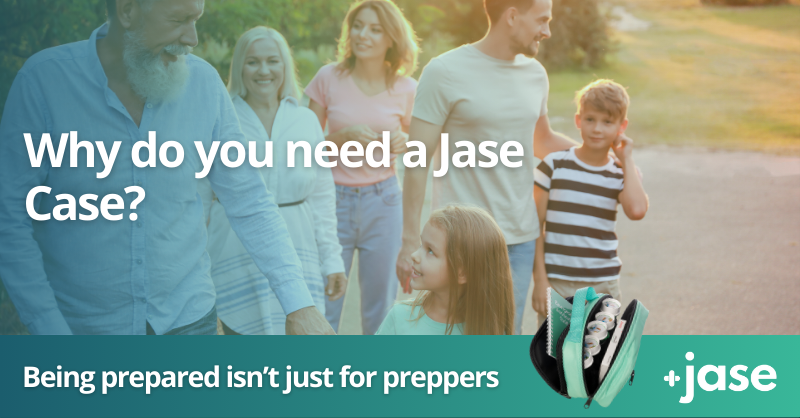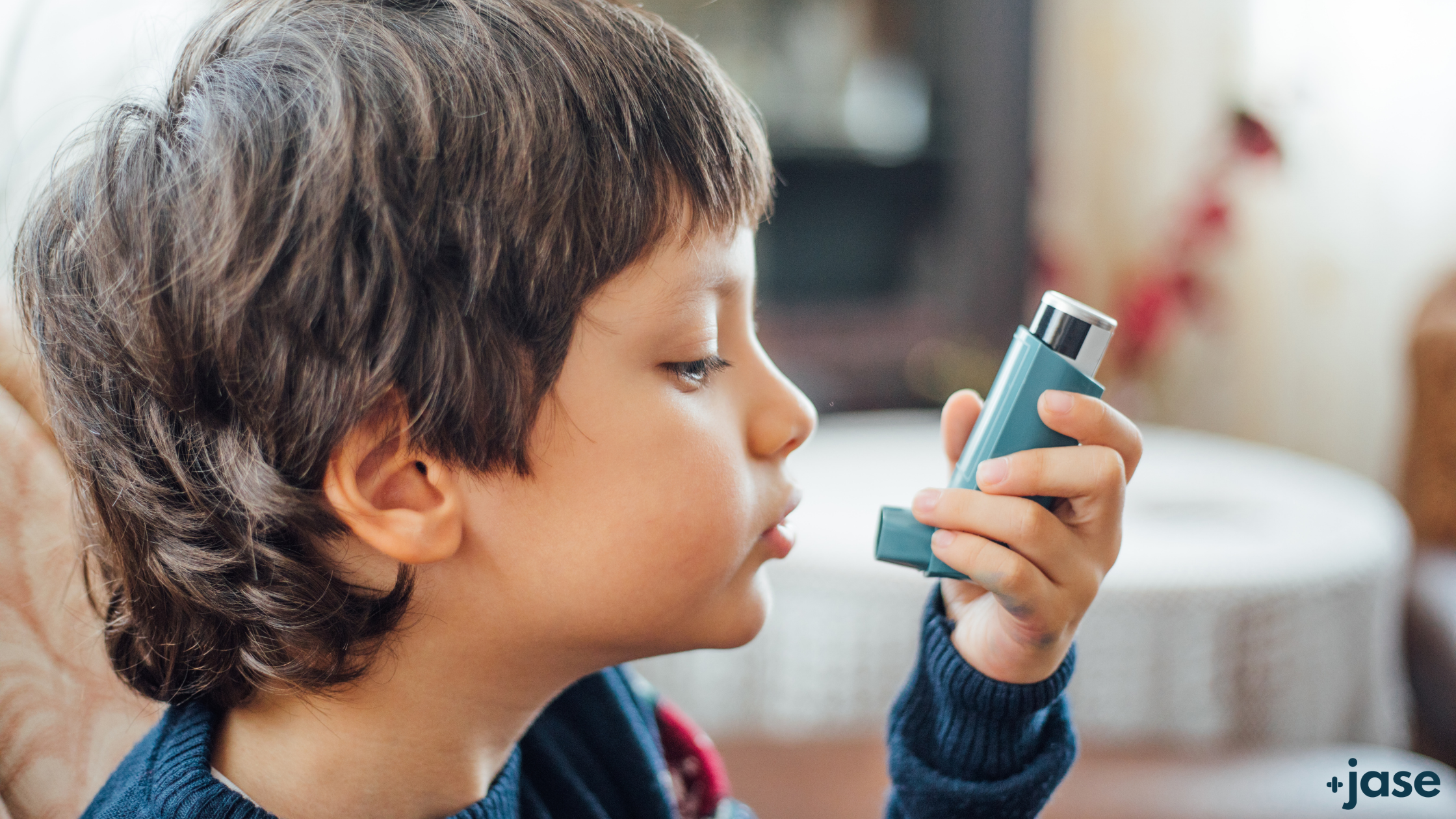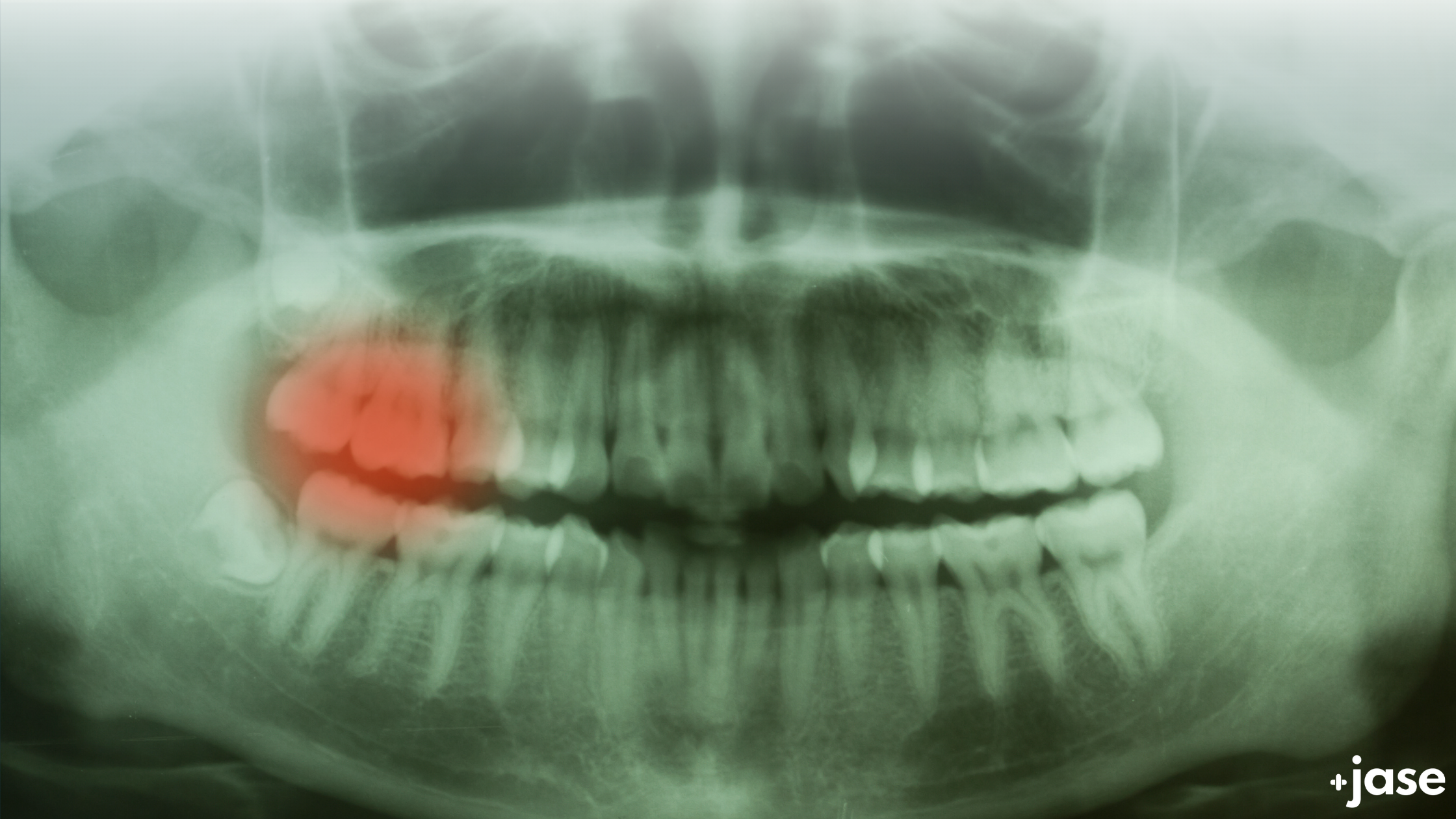Global health warnings are being issued, but you likely aren't at risk. Mpox: What You Need To Know The Centers for Disease Control (CDC) and the World Health Organization (WHO) have both recently released warnings declaring mpox a global health emergency....
Drug Shortages: Causes & Solutions
While things are being done at the national level to combat global shortages, there’s more individuals can do at home.

The Complexities of Prescription Drug Shortages
Prescription drug shortages have reached unprecedented levels in recent years, disrupting the supply of essential medicines such as, antibiotics, cancer chemotherapies, ADHD medications, and diabetes and weight-loss treatments. These shortages compromise patient care, strain healthcare resources, and place an economic burden on the system. Here we’ll explore the multiple reasons behind drug shortages and examine the efforts being made to ensure patients have continuous access to the medications they need.
Understanding Drug Shortages
A drug shortage occurs when either the actual demand or projected demand for a medication exceeds the available supply. According to the American Society of Health-System Pharmacists (ASHP), active drug shortages in the US reached an all-time high of 323 during the first quarter of 2024, surpassing the previous record set in 2014. The situation is similarly dire in the UK, with the British Generic Manufacturers Association reporting a 100% increase in medicine shortages between January 2022 and January 2024.

Causes of Drug Shortages
- Sudden Demand Spikes: Unexpected increases in disease prevalence, such as the rise in Strep A cases among UK children in 2022, lead to a surge in demand for children’s antibiotics. Only a year later, a drastic shortage of children’s antibiotics hit the U.S. in the beginning of the school year in 2023. Each year we face an amoxicillin shortage leading up to and into the start of the school year. Safeguard your kids from these shortages with a KidCase (which includes amoxicillin).
- Manufacturing and Quality Issues: Recalls, quality problems, or failed regulatory inspections can cause sudden drops in supply. For example, when Indian manufacturer Intas failed a US FDA inspection in 2023, it triggered a nationwide shortage of cisplatin and carboplatin cancer chemotherapies.
- Raw Material Shortages: Scarcity of active pharmaceutical ingredients (APIs) or delivery mechanisms can contribute to drug shortages. The geographic concentration of API manufacturing in China and India heightens the risk of global supply disruptions.
- Economic Factors: Extreme price competition among generic manufacturers can undermine investment in manufacturing capacity, quality assurance, and supply chain reliability. Lower-priced drugs are more likely to experience shortages due to a lack of incentives for production.
- Natural Disasters and Geopolitical Events: Incidents like the 2023 tornado that hit a Pfizer plant in the US can destroy manufacturing facilities. Geopolitical factors such as Brexit, the Ukraine-Russia war, and the Covid-19 pandemic have also significantly impacted drug supplies.
| In the first quarter of 2024, drug shortages in the U.S. hit an all time high, surpassing the previous record set in 2014. |
Protocols for Managing Shortages
Many countries have established national reporting systems to facilitate communication about drug shortages. In the US, manufacturers can notify the FDA Drug Shortage Staff via a web portal, and the FDA’s list is updated daily. The FDA works with manufacturers to address shortages and may seek alternative suppliers or importation of products. Also, the American Society of Health-System Pharmacists (ASHP) maintains an up to date list of current drug shortages.
Similarly, in the UK, the Department of Health and Social Care (DHSC) liaises with manufacturers, alternative suppliers, and wholesalers to secure additional supplies. The DHSC has also introduced serious shortage protocols (SSPs) to allow pharmacists to offer alternative products when items are in short supply.
Regulatory agencies like the FDA and the Medicines and Healthcare products Regulatory Agency (MHRA) can take various actions to mitigate shortages, but these are often controversial. Such actions can include: expediting approval processes, granting temporary labeling exemptions, and allowing the importation of unlicensed medicines.
Efforts to Prevent Future Shortages
- Critical Medicines List: In addition to the FDA and ASHP drug shortage lists maintained in the U.S., the European Medicines Agency (EMA) published a list of over 200 critical medicines to prioritize for shortage prevention. The list will be expanded and updated annually.
- Supply Chain Resilience Recommendations: The EMA has gone a step further by issuing recommendations for global suppliers to address vulnerabilities in the production and delivery of critical medicines. These include keeping extra back-stock, reviewing past shortages to identify demand patterns, and increasing manufacturing capacity.
- Policy Solutions: Legislators in the U.S. have proposed funding domestic manufacturing to combat supply chain issues. The Senate Finance Committee has drafted a bill to incentivize hospital contracting practices that ensure adequate drug supplies.
- Appointment of Supply Chain Coordinator: The U.S. Department of Health and Human Services has appointed a supply chain resilience and shortage coordinator to lead efforts in strengthening critical medical supply chains.
In summary
Prescription drug shortages pose a significant challenge to healthcare systems and patients worldwide. The interplay of factors, from sudden demand spikes and manufacturing issues to economic pressures and geopolitical events, requires broad and collaborative approach to ensure patients have uninterrupted access to essential medicines. While national reporting systems, regulatory actions, and policy initiatives aim to mitigate the impact of shortages, more work is clearly needed to address the root causes and build resilience in the global pharmaceutical supply chain.
One thing that individuals can do to hedge against supply shortages and medication availability is have their own supply. Maintaining a personal supply of emergency medications like antibiotics and treatments for sudden illnesses is both prudent and possible. That is why we make the Jase Case—for these unpredictable circumstances.
Additionally, our Jase Daily service can provide you an extended supply of your daily medications for chronic conditions, offering a larger quantity than is typically available through your local physician and pharmacy.
Give yourself the peace of mind you deserve.
– Your partners in preparedness: Jase.com
Lifesaving Medications
Recent Posts
Keeping you informed and safe.
Mpox: Unpacking the Facts That Matter
Drug Shortages: Causes & Solutions
While things are being done at the national level to combat global shortages, there's more individuals can do at home. The Complexities of Prescription Drug Shortages Prescription drug shortages have reached unprecedented levels in recent years, disrupting the supply...
Common Back to School Illnesses
Diligent hygiene is key to preventing most illnesses kids get, but when that's not enough, medication intervention is common and recommended.10 Most Common Back to School Illnesses & Physician Recommended Medications As kids go back to school for the year, most...
Navigating Market Turbulence: How Plummeting Stocks Can Affect Consumer Prices
How The Recent Stock Market Downturn Signals Potential Price Increases for Consumers and Businesses The stock market has experienced significant volatility in the past week, marked by a sharp downturn driven by political instability, trade tensions, and global...






















